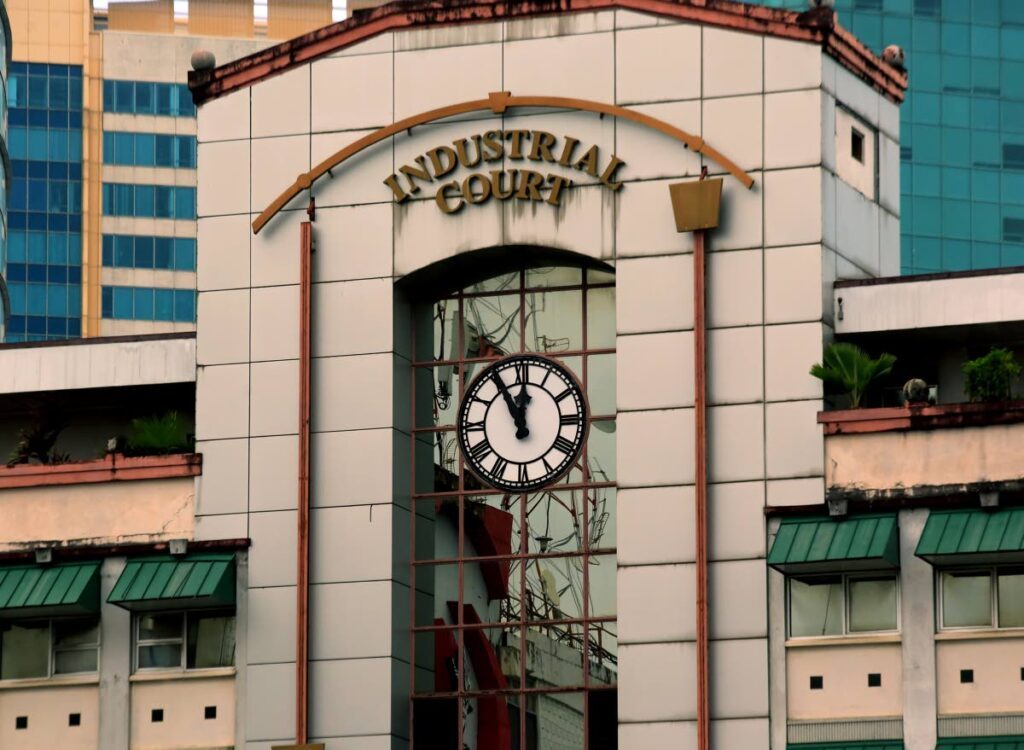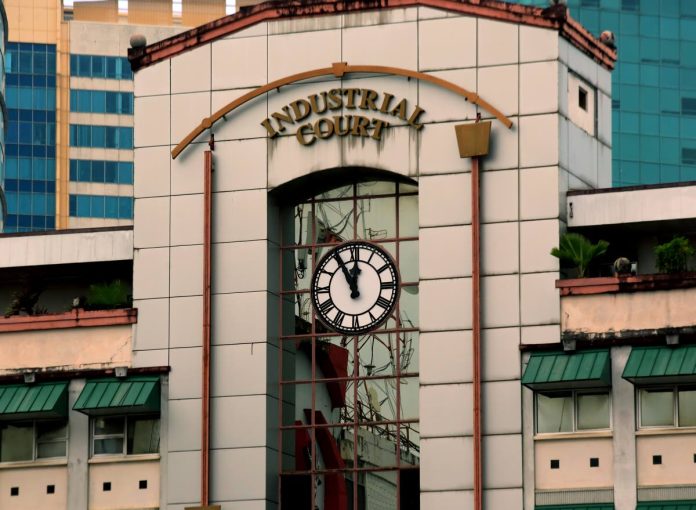Jada Loutoo

THE Judicial Committee of the Privy Council has brushed off the enchantment of a extinct bank worker and the Sanctuary Employees’ Commerce Union which challenged the resolution of the Registration, Recognition, and Certification Board (RRCB) to disclaim access to the Industrial Court for the reason that union didn’t maintain a checking account.
The ruling, delivered on January 3, concluded a upright battle stemming from Mitoonlal Persad’s dismissal by the RBC Royal Bank in January 2018. The enchantment raised disorders about union compliance with statutory requirements and the procedural fairness of the RRCB’s resolution.
Persad wished to pursue a replace dispute against his extinct employer over his dismissal/termination of his employment.
In November 2019, the Ministry of Labour issued a certificate of unresolved dispute and referred the issue of whether Persad became once in correct monetary standing with the union to the board.
The RRCB had determined that Persad became once not a “member in correct standing” underneath the Industrial Family Act, a prerequisite for having access to the Industrial Court.
The RRCB ruled he became once not, citing the union’s failure to meet accounting requirements, particularly the absence of a checking account to tackle members’ contributions.
The High Court at first overturned the board’s resolution, deeming its reliance on a critical checking account requirement extremely vires.
Alternatively, the Court of Enchantment reinstated the RRCB’s ruling, emphasising the necessity of sound accounting practices for transparency and fraud prevention.
The Privy Council realized that the RRCB acted inner its statutory jurisdiction and its resolution-making process adhered to the principles of pure justice.
The regulations lords held that RRCB’s long-standing coverage of requiring unions to protect a checking account became once cheap and in maintaining with correct public administration.
They additionally conception of as the union’s reason on the support of not having a checking account. Unexcited, they acknowledged it didn’t fulfill the statutory requirement for sound accounting procedures underneath share 34(3) of the Industrial Family Act.
“The Industrial Family Act involves a critical restriction on those events who can access the Industrial Court, by the imposition of the ‘member in correct standing’ test in share 34(3).
“It’s for the RRC Board to include a judgement on what constitutes ‘sound accounting procedures and practices’ as share of that test. The adoption of a conventional coverage to reduction resolution-making in this form of context is most likely to be of assistance to all concerned.
“On this case, Reveal Repeat No 2 represents the verbal replace of that Policy.”
“It’s determined from the preamble to the Reveal Repeat that what follows is a listing of records, documents and evidence to be produced by the replace union to meet the necessities of share 34(3). There became once no misinterpretation fascinated about gazing for to salvage the total documents listed.
“Where an administrative body has an unqualified discretion, it must act reasonably and its selections will even be challenged if there became once no staunch or staunch exercise of that discretion.
“Whereas insurance policies might perhaps perhaps well perhaps additionally fair vary by method of their apparent flexibility or stress, their exercise must stare exceptions.
“In purchasing for evidence that charges and contributions of union members would be kept in a checking account, the RRC Board became once adopting a coverage that became once, on the face of it, unobjectionable.
“The available evidence supports a conclusion that the underlying rationale of the coverage became once to assign away with the ability for fraudulent actions linked with money.
“Clearly, an audit path of charges and contributions being purchased and held in a checking account would support in allaying any considerations of that nature.”
In affirming the Enchantment Court’s resolution, the regulations lords held that the absence of a checking account, coupled with consideration of the reason on the support of that, constituted a ample basis for the resolution that the necessities of share 34(3) of the IRA had not been blissful.
Lords Reed, Sales, Stephens and Females Simler and Clever, who presided over the enchantment, additionally held that the union became once given extra than one opportunities to accommodate the board’s considerations about accounting practices.
“This became once firm from the correspondence…”
On the ouster clause argument raised by Persad and the union’s attorneys, the Privy Council affirmed that judicial overview is little to jurisdictional errors and breaches of pure justice, in maintaining with prior case regulations.
The apex court additionally emphasised that the ruling would not preclude recourse to odd courts for quite plenty of remedies.
“Mr Persad’s traditional ability to access justice and issue the resolution of his extinct employer has not been negated by the RRCB’s resolution.
“First, he became once afforded the little recourse to the courts to accommodate any errors going to jurisdiction or breaches of pure justice formulated by the Court of Enchantment.
“Secondly, the board’s resolution would not preclude an application to the odd courts.”
King’s Counsel Anand Beharrylal, Omar Sabbagh, Kiel Taklalsingh and Stefan Ramkissoon, suggested by Sovereign Chambers in Trinidad and Tobago represented Persad and the union.
Robert Strang, suggested by Charles Russell Speechlys LLP of London, represented the RRCB on the Privy Council.




